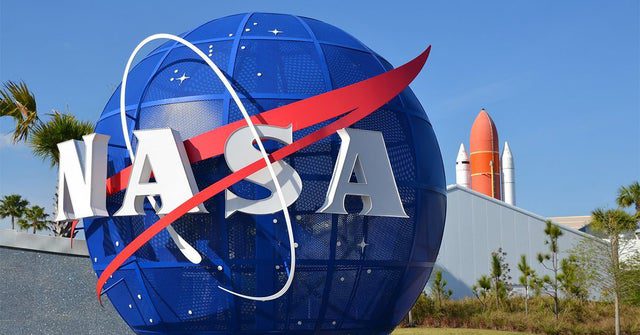The Office of Audits at NASA has issued a report outlining the agency’s intention to eventually replace the International Space Station (ISS) with one or more private space stations after the orbiting research laboratory is effectively abandoned. Even though it is still originally slated for 2024, all early indications are that the ISS’s operational term will be prolonged until 2030 when the agency involved expects to be prepared to hand off the human occupancy of an on-orbit science station to a commercial firm. The International Space Station is a Low-Earth orbiting modular space facility. It is an international collaborative effort in which 5 space organizations are involved: NASA, Roscosmos, JAXA, ESA, as well as the CSA. Multilateral conventions as well as partnerships control the management and usage of the space station.
This audit report details the total cost of maintaining and operating the ISS, and goes on to explain why it believes there will still be a critical need for a research facility that can serve as a testing ground for prolonged human exposure to outer space, as well as for the advancement and presentation of technology critical to assisting individuals in exploring deep space, such as the founding of a more permanent base on the lunar surface as well as Martian planetary exploration. The overall conclusion is that NASA fully intends to have a new commercial station operational by 2028, potentially allowing for a two-year overlapping before the ISS’s expected eventual retirement as well as de-orbiting. however again, that timescale is fraught with danger, owing to “low market demand, insufficient finance, incorrect cost projections, and ever-evolving needs.”
The good news is that a growing number of firms appear to be interested in developing commercial orbital tourist destinations. Nanoracks, its parent firm Voyager Space, and Lockheed Martin want to create one by 2027. Blue Origin wants to launch its Orbital Reef outpost with Sierra Space as well as Boeing by 2030, while Axiom is already on track to send up components that will connect to the ISS before detaching and self-orbiting as its station by the year 2028.
